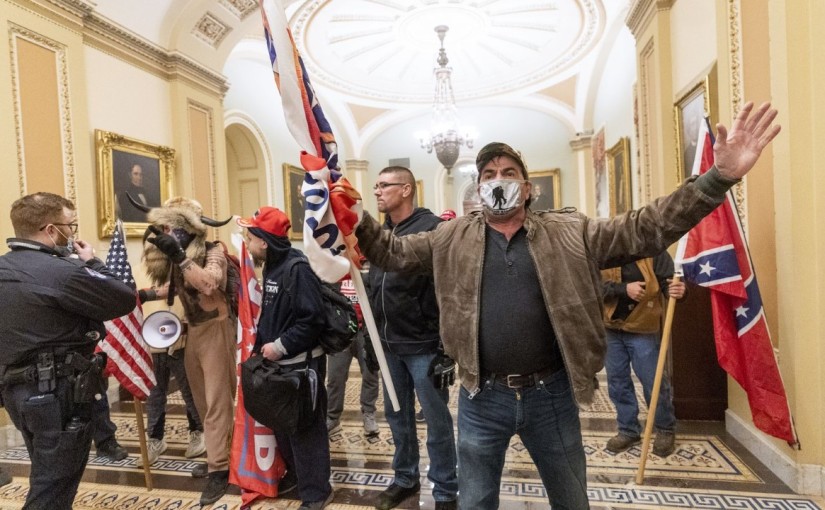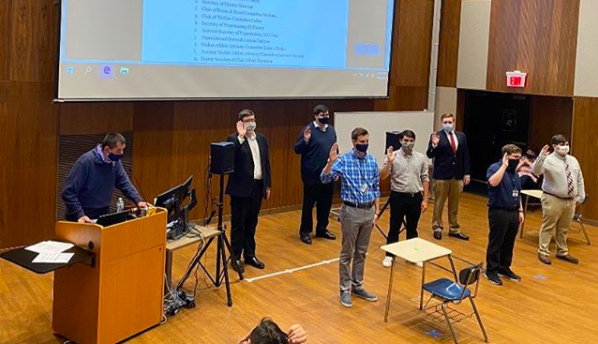With Trudeau’s Liberals leaving the General Election with a minority government, the Conservatives with a dim future, and the Bloc Quebecois back in action with more than double the number of seats than previously held, Canada’s next parliamentary term will be a large unknown.
The Liberals, Conservatives, New Democrats, Bloc Québécois, Greens, and the People’s Party of Canada – all parties that have ballot access that sought seats in Ottawa, Canada’s Capital. With only forty days to campaign, the beginning and the end of this period are very different. 170 seats are required to form a majority government. Don’t worry if you have no clue about Canadian Federal politics; all will be explained.
Justin Trudeau, of the Papineau Riding in Montreal, is the leader of the Liberal Party of Canada. As a centre-left/ centre party, they enjoy policies that are similar to that of the Democrats here in the US. Since the 2015 General Election, the Liberals have had sweeping successes with a reformed Party Platform. However, one major setback for the party is not coming through with Electoral Reform. One of the major 2015 promises the Liberals made was reforming the electoral system to make it more proportional. Unfortunately, nothing came of this and the 2019 Election paid the price with a nonrepresentational outlook of seats in Parliament. 157 Seats Acquired
Andrew Scheer, of the Regina-Qu’Appelle riding in Saskatchewan, is the leader for the Conservative Party of Canada. The Conservatives are centre-right and enjoy a more left set of values compared to their US counterparts, the Republican Party. Since 2015 when Trudeau’s Liberal party took back the House majority, the conservatives have lost their sight. While they have a consistent and strong base, outreach and upgrading their policies to appeal to the new young voters is an issue that remains unsolved.
121 Seats Acquired
Yves-François Blanchet, of the Beloeil-Chambly Riding in Quebec, is the leader for the Bloc Quebecois. A unique party in that they only run candidates in Quebec. Their ideology is also unique: Quebecois nationalism. The purpose of the party is to represent Quebec interests, which tend to be centre-left. Quebec has a very different culture and people compared to the rest of Canada. Separatist movements and violence from an IRA-style group called the FLQ (Quebec Liberation Front) have left stains on Quebec’s past. Multiple referendums on secession have occurred with the latest one in 1995 came within 0.6% of passing. 32 Seats Acquired
The three last parties are by order of national vote ranking:
- The New Democratic Party (NDP)
Analogically, If the Liberals are the establishment Democrats in the US, the NDP are the Democratic Socialists – Bernie Sanders and “The Squad”. With Sikh leader Jagmeet Singh, the NDP’s leader, the NDP saw a restructuring of the party in relation to the Liberals. The NDP underperformed for this election, however. They often vote alongside the Liberals and their leader Jagmeet Singh has said they would form a coalition with the Liberals which would get them over the magical 170 seats. 24 Seats Acquired
With leader Elizabeth May, the Greens follow normal Green ideology: grassroots democracy, emphasis on environmentalism, and social justice among other left-wing ideas. 3 Seats Acquired
- The People’s Party of Canada (PPC)
A brand new party, headed by Maxime Bernier, the once Conservative MP jumped ship after the Conservatives veered leftward in order to appeal for Climate Change. The PPC enjoys values such as small government, economic conservatism, and light social conservatism with an emphasis on anti-immigration. 0 Seats Acquired
As a Federal Constitutional Parliamentary Monarchy (that’s a mouthful), Canada is governed by a parliament that has ministers from political subdivisions – Provinces and Territories – that have defined power and rights. Canada is governed at the highest level – technically – by the throne in England: Queen Elizabeth II; however the British Governor of Canada does little more than ceremonial duties. Their lower house of parliament, the House of Commons, is elected through First Past the Post in “Ridings” – in the US, the term would be the same as a Congressional District.
A lasting theme for the night, a possible reason for the results, is the frustration with electoral reform. CBC, from where this writer watched the election, often had their pundits complain about the lack of Proportional Representation. One of Justin Trudeau’s original campaign promises during his 2015 Parliament run was for electoral reform. Unfortunately, the committee that headed that did not recommend any change to the electoral system already being used, First Past the Post, and Trudeau followed their answer.
If you want to see more, click here to go to the CBC ‘s (Canada’s Public Broadcasting Corporation) official results. All results from this article were found on CBC or either on their live broadcast of the election.



